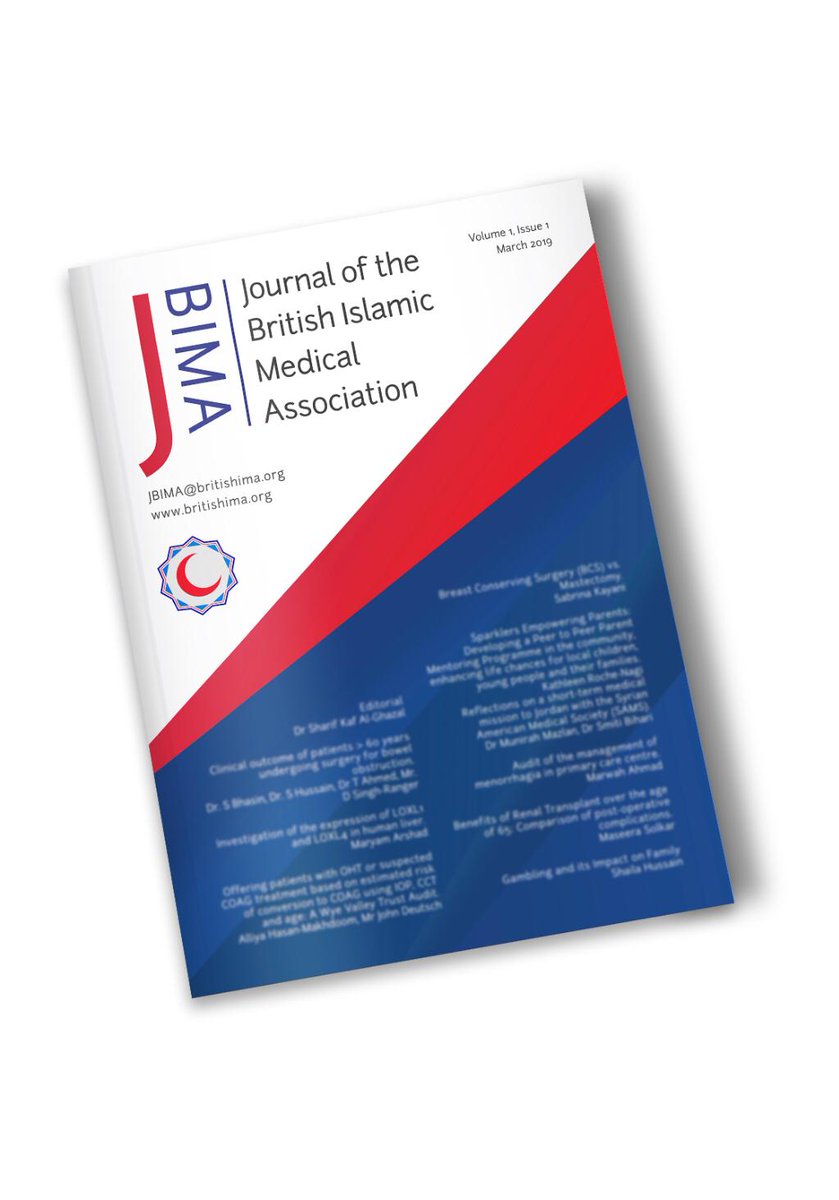
Assalamo Alaikom,
One year on, the world looks a very different place. There is finally light at the end of the tunnel with regards to the catastrophic Covid-19 pandemic that has wreaked havoc across the world and caused pain, suffering and loss to millions. The discovery of a vaccine a few months ago and its largely successful roll-out has been a huge relief Alhamdolilah, but the battle has not been won yet.
It is unfortunate that there is still a level of Covid vaccine hesitancy amongst the Muslim (and by extension) BAME community. Covid-19 has disproportionately affected these communities due to many reasons, which include increased co-morbidities, lifestyle factors, socio-economic factors and likely poor prior knowledge of public health as well as systemic racism within the healthcare community. The first 11 doctors to die from Covid-19 were from the BAME community, and there tend to be higher numbers of BAME workers who can’t work from home in proportion to their white counterparts. The vaccine however, is the only genuinely effective method of combating Covid-19, and even proponents of “herd immunity” admit that it is only a vaccine that can help us reach that safely.
The campaigns run by anti-vaxxers are not targeted at the BAME community alone but they seem to be having a greater effect on this group. At the British Islamic Medical Association (BIMA), our volunteers have been working tirelessly over the last few months to advocate for the Covid vaccine; we have spent thousands of hours on webinars, published detailed guidance and myth busting in over 15 different languages to counter any misinformation on the topic and we encouraged mosques to become local Covid vaccination centres if they can. BIMA has made its standpoint on the vaccine unequivocal; it is the only route out of the pandemic. We also published statements on the different types the Covid vaccines as well as the issue of vaccination during Ramadan fasting. This has been shared by hospitals and NHS Trusts too.
It is understandable that there is a trust deficit between communities and the government. Unfortunately, the UK locked down too late and communication on guidance and masks was not always clear in the early months. Moreover, the Track and Trace app failed dramatically and the rush to open schools and universities did not help. Furthermore, the disastrous guidance on the household bubbles during Christmas made matters worse so it is not surprising that the government isn’t highly trusted considering the many mistakes that it has made. Its outreach to the Muslim and BAME communities has been poor and this has left many within these groups mistrustful and suspicious. But issues of public health are beyond the scope of politics and our role at BIMA is to channel the message of the NHS, health authorities and doctors to the Muslim community. Public health is the responsibility of everyone. Within a society we all have rights, but we all have duties too, and adhering to social distancing rules, wearing a mask and avoiding physical contact with individuals outside of our “bubbles” is crucial to beating the virus.
And whilst the situation in the UK is, Alhamdolilah, slowly improving, the same can’t be said for other countries in the world. India is suffering a nightmare scenario where hospitals are running out of ventilators, oxygen, and beds. What looked like a worst case scenario in the UK last year is now happening in India, and our brothers and sisters there need our support. No doubt poor governance has played its part in a recent spike of the pandemic but the problem is deeper than that. More than 60% of the adult population of the UK have had at least one dose of the vaccine. In India, it is only 10%. This disparity is deeply concerning and we must stand up to the forces of vaccine nationalism.
In recent days and weeks, tens of thousands have died in India who if they were living in the UK would have had at least one dose of the vaccine by now. It is ironic that whilst we see vaccine hesitancy in our Muslim community, others are literally dying due to their inability to access the vaccine.
The world is a small village. Globalization is irreversible and humanity is more interconnected than ever before. The UK and US vaccinating so many of their citizens isn’t enough. The world is not safe from Covid until everyone is safe. There is a collective responsibility here as Islam teaches us. States have to be charitable and help the poor and needy.
As we approach the end of the holy month of Ramadan, we pray that next Ramadan will be nothing like that of 2021 or 2020. We pray it will be a brighter Ramadan, one with less sickness, loss and death, and one where we can properly meet with loved ones, family and friends to celebrate the blessings this month brings.
As bad as the current situation is right now, pandemics don’t last forever and as long as people are being vaccinated and sticking by the rules, the situation will keep improving inshaAllah.
Do make the most of the final days of Ramadan with extra prayers, sadaqah and good deeds.
Eid Mubarak,
Wassalam Alaikom.
Dr Sharif Kaf Al-Ghazal
JBIMA, Editor in Chief

